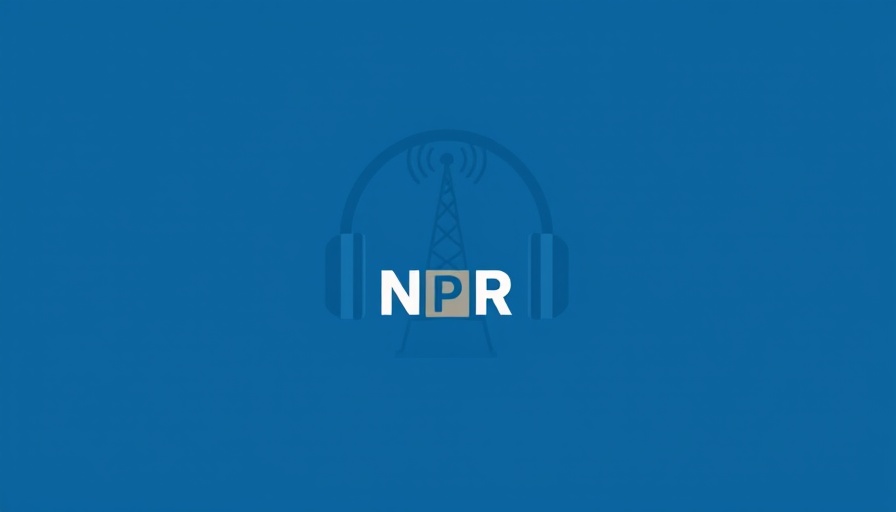
Louisiana Faces Vaccine Advocacy Push Amidst Controversial Appointment
In the world of health policy and public awareness, few events can stir the pot quite like a controversial appointment. The recent confirmation of Robert F. Kennedy Jr. as a nominee for the Health and Human Services (HHS) secretary has raised considerable eyebrows and provoked a passionate response from vaccine advocates in Louisiana. Jennifer Herricks, the founder of Louisiana Families for Vaccines, articulates the disquiet felt by many as they advocate for public health through vaccination efforts.
Context Behind the Opposition
Jennifer Herricks has tirelessly led initiatives aimed at promoting vaccines and forwarding public health knowledge in Louisiana. Her organization, Louisiana Families for Vaccines, recently rallied support against RFK Jr.'s nomination, sending a clear message to Sen. Bill Cassidy urging him to renounce the appointment. Herricks' activism emerged from a context where misinformation about vaccines has spread extensively, gaining traction notably in parts of the U.S. where vaccine hesitancy has notably increased.
The Argument Against Misinformation
The crux of Herricks’ concern lies in the detrimental effects of misinformation on public health. With a rich history of using his platform to disseminate anti-vaccine rhetoric, RFK Jr.’s confirmation poses risks to public trust in scientific health measures. In an era where misinformation can ripple rapidly through social media, the fear is that appointing someone with a track record of skepticism towards vaccines will undermine years of effort to bolster vaccination rates.
Public Response and Grassroots Movements
Community mobilization becomes vital when facing potential threats to public health initiatives. The letter organized by Herricks not only signifies discontent but also highlights how grassroots movements are essential in keeping public discourse aligned with scientific consensus. Engaging families, healthcare professionals, and advocates to voice their concerns amplifies the message to the decision-makers capable of influencing health policies.
Future Implications for Health Policy
The implications of RFK Jr.'s appointment extend beyond Louisiana, impacting national health policy and public opinion on vaccines. Advocates fear that his confirmation could embolden other public figures to similarly challenge scientifically backed health measures. This potential trend may lead to a broader culture of skepticism that undermines public health initiatives across the United States.
Challenging the Stigma Around Vaccine Advocacy
Furthermore, as the narrative surrounding vaccines becomes increasingly polarized, the stigma attached to vaccine advocacy must be addressed. Advocates like Herricks represent a counter-narrative that insists on the value of vaccines based on extensive scientific evidence. It is vital to shift the framing around vaccination from a personal choice debate to a public health imperative that involves community responsibility.
Engaging the Community in Science-Based Discussion
To combat misinformation and advocate for vaccines effectively, community engagement is essential. Herricks encourages the public to participate in discussions that are informed by science rather than sensationalism. Workshops, community forums, and outreach programs can create a bridge between health officials and families, fostering a more informed populace that advocates for health equity.
Conclusion: The Role of Leaders in Public Health
As the public awaits confirmations and policy changes, leaders like Jennifer Herricks remind us of the importance of advocacy in health discussions. The narrative surrounding vaccines is no longer a quiet health conversation; it is a vibrant discourse filled with passion and determination from those who understand the stakes involved. As it stands, the outcomes of appointments, such as that of RFK Jr., can either propel or hinder the progress made in vaccine advocacy depending on the voices raised in response.
 Add Row
Add Row  Add
Add 




 Add Row
Add Row  Add
Add 

Write A Comment